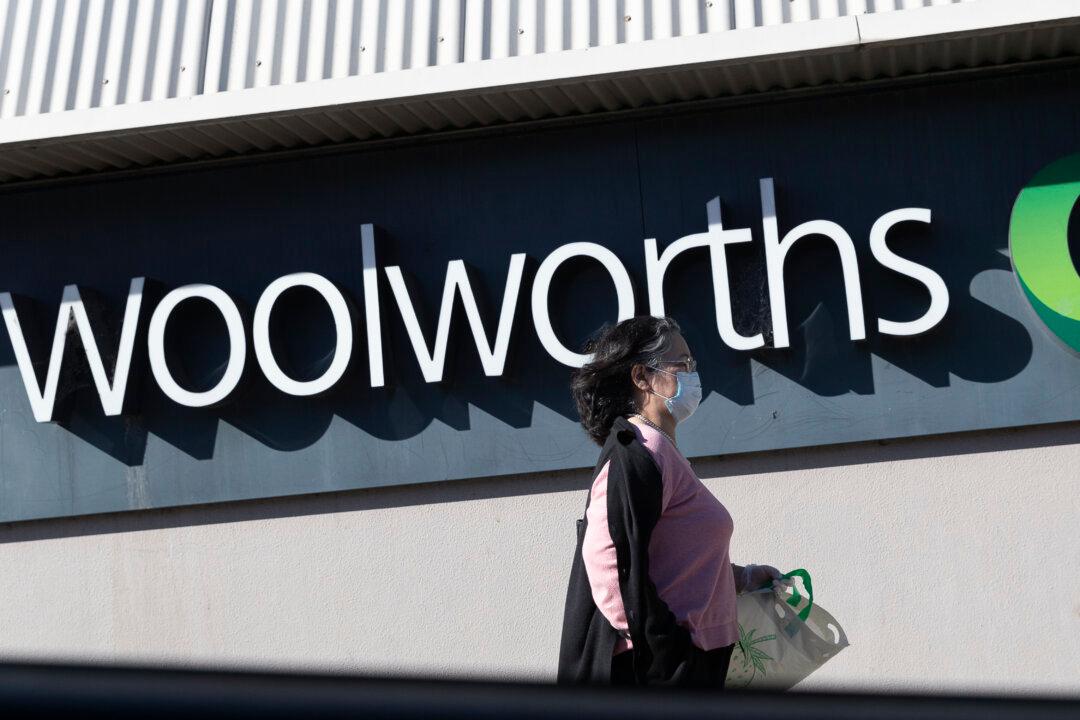Supermarket giant Woolworths is expanding its use of artificial intelligence technology that captures customers scanning items at self-checkouts in 250 stores across New South Wales, Victoria, and Queensland.
“[The technology] is one of a number of initiatives we’ve rolled out across our checkouts to make shopping more convenient and seamless,” the spokesperson said.
“While most customers do the right thing at our self-serve checkouts, we’re all busy, and mistakes can easily happen.”
Through camera footage and AI technology, it will be able to detect when items are not scanned correctly.
This includes when products are left in baskets or trolleys, products aren’t scanned correctly or passing a product through as unrelated.
Woolworths explained that the footage is not viewed live and that any faces and pin pads are blurred, so the customer’s privacy is protected and cannot be identified.
Stores using the technology will also display signage at the front of the store and entrance to the self-checkout area.





